This past week I have been doing teacher training with the 12 teachers in the project. The main purpose of this trip this time is to do teacher training and then follow up with some coaching and mentoring. One of the benefits of the project for community members is that the project hires young women who have a high school education, but no formal teacher training to be teachers. Teachers learn on the job with support from more experienced teachers in the project and I come periodically to do professional development with the teachers to top up their skills. On this trip, based on experiences in the past and current literature on professional development. We know that one-time professional development or training is minimally effective when there are no additional support or follow-up. Workshops in conjunction with coaching will more likely to result in teachers using new ideas (Joyce & Showers, 2002). In addition, teacher practices are more likely to change when focused training is followed by on-site mentoring from a coach who provides feedback and support for effective implementation (Fox, Hemmeter, Snyder, Binder, & Clarke, 2011; Onchwari & Keengwe, 2008; Sheridan, Edwards, Marvin, & Knoche, 2009; Snyder & Wolfe, 2008).
On Monday, I trained teachers for about three hours on strategies to make the literacy instruction more interactive and to encourage child participation in the small group sessions. In addition, because all school have at least two teachers, I talked about various co-teaching methods and how to best utilize both teachers in the classroom to keep children active and engaged in learning. This is especially important because some of our “classrooms” are a collection of desks in a semi-circle on the veranda outside the main classrooms. Tanzanian classrooms, like many classrooms in East Africa, are very full and schools are very full, so there are rarely extra rooms for a classroom for our project. During instruction in the small groups, people are walking about, children may be playing, other children may be outside on recess, and cars are zooming by in the distance. Teachers need to work together through their content and enthusiasm to keep children focused. That being said, I was amazed at how focused most children were, particularly because these children were in our project because they have some type of learning delay or disability.
On Tuesday, I trained teachers on additional math strategies to work on counting, addition, subtraction, shapes and colors. In addition, we talked about a small change we made to the assessment that we give students and provided pointers for giving the assessment with the highest level of fidelity. The main concern in the assessment implementation is that teachers are helping the children too much or giving them too many chances to answer the question before moving on. I did watch two teachers give assessments to children when I arrived and they did well overall, but these pointers will be helpful. As a teacher, I can sympathize that I want to help the children too and want to see them do well, but we also need to know what the children can do on their own. Because we want to be confident that the children have learned skills and knowledge to be successful in the regular classroom, we need to know that they can perform these tasks independently because there will not be a teacher in the typical classroom ready to help or guide them, because there are usually 50-70 children with one or two teachers.
As I have mentioned here before too, we do not necessarily use the most interactive strategies, and some innovations you would find in certain US or European classrooms, because we want the students to be able to succeed in the classrooms that they are returning to that still use more rote instruction than inquiry-based learning. We get the children involved and check for understanding and use comprehension and critical thinking strategies, but the activities are not so far from the typical classroom. This was a hard decision for me to make, but I also saw early on that the teachers we were working with also were not familiar with strategies outside of didactic instruction. We have taken it slowly with teachers, introducing more interactive strategies gradually over the years and reducing the amount of straight choral response instruction in our classes.
In the training this week, I really asked the teachers to step outside their comfort zone and model teaching strategies for each other. First, I asked specific teachers to model a strategy that I had just shown them and use it with their “students” (the other teachers). Then, I asked them to plan a lesson and execute that lesson, using the combination of strategies as they might in a 20-30 minute lesson where the children had at least 2 whole group activities (6-10 children per group) and independent work time. While asking them to model single strategies was uncomfortable, planning a lesson and executing it as a group using co-teaching strategies was at first, literally incomprehensible. We had brought in a translator to help me, because my Swahili is not as polished at this time as I would like it to be and I thought the teachers would get more out of the training if my points could be reiterated in Swahili or better Swahili than mine. For me, using a translator was a bit uncomfortable also, because I wanted to believe that my Swahili was good enough, but I know that at the moment conversationally I am fine, but to explain the finer points of pedagogy and instructional strategies I needed help. I did an ego check and recognized that the most important goal was for the teachers to get the most out of the training, not for me to be able to do the training in Swahili. I am glad that I had support from two wonderful people who work with the project to translate and expand on my Swahili.
It took three explanations by the translator for the teachers to finally understand what I wanted them to do. After they started, I realized that because they had never been to teacher training college, they had never been asked to do mini-lessons or model full lessons in a classroom of their peers. I have visited enough teacher training colleges to know that micro-teaching is very much a part of teacher training around the world, but not necessarily something known to people who don’t participate in that world every day like I do. Despite the language hiccups, the lesson demonstrations were well done and it was clear that the teachers understood the key strategies and how to implement them.
Now it was time to observe them teaching children to see how they used the strategies there. To be continued in a few days…..
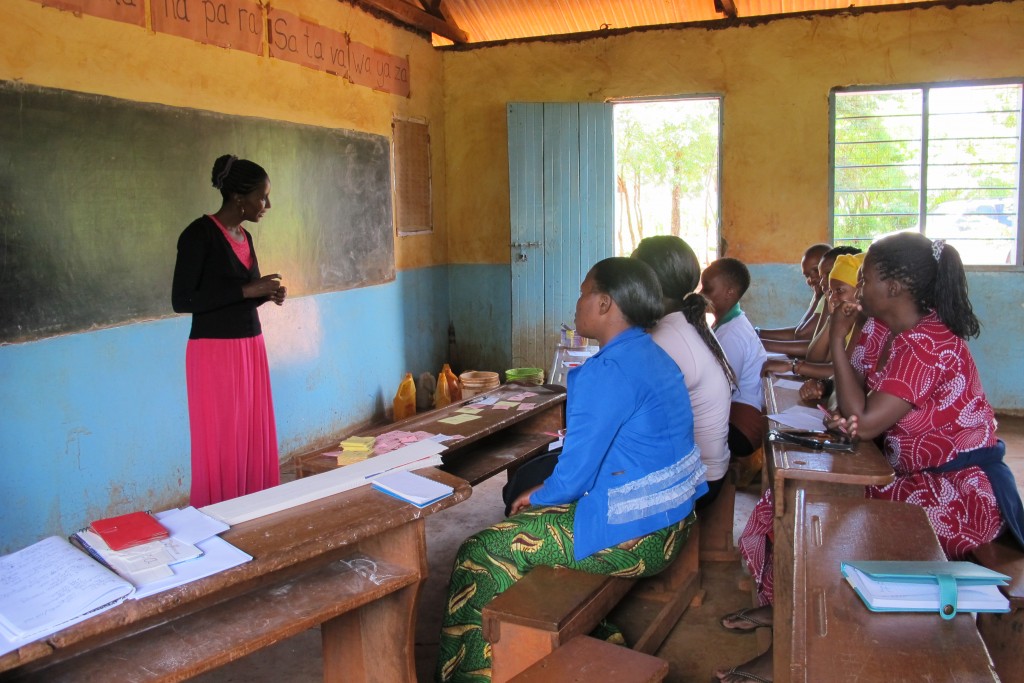
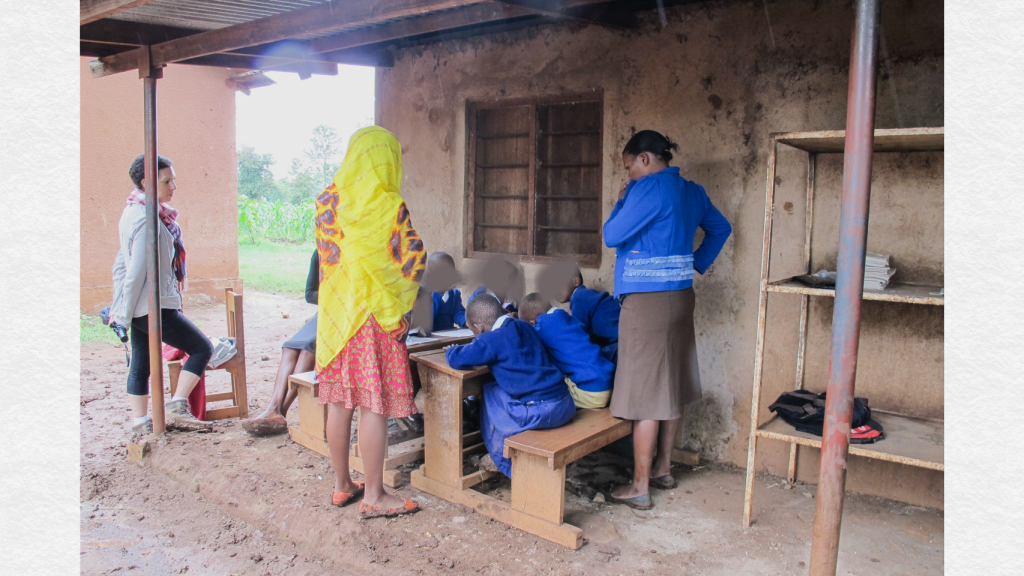
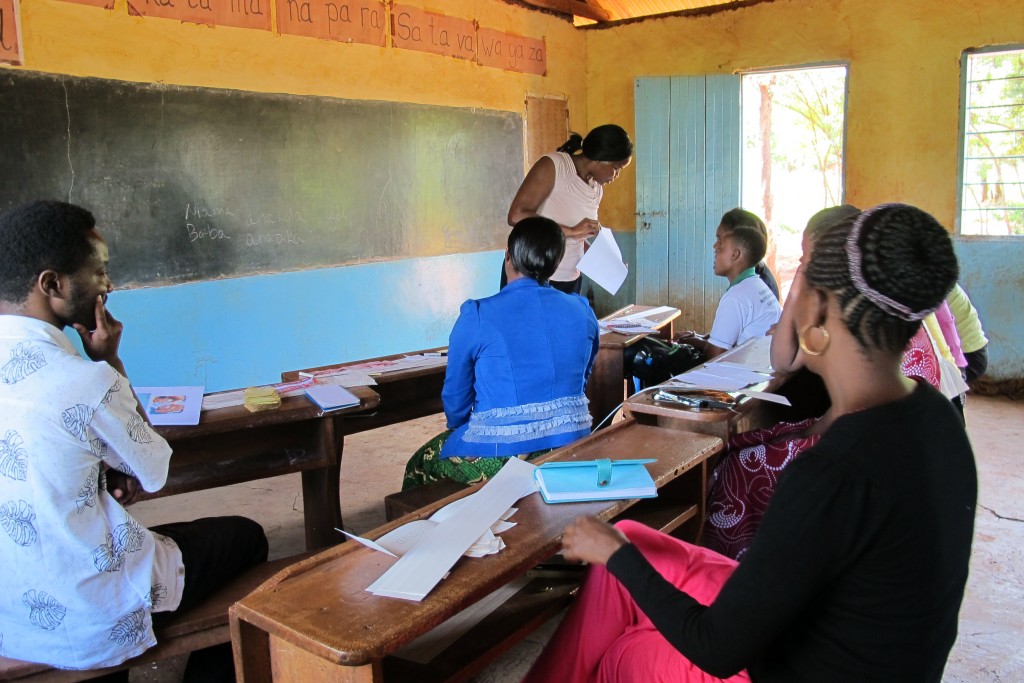
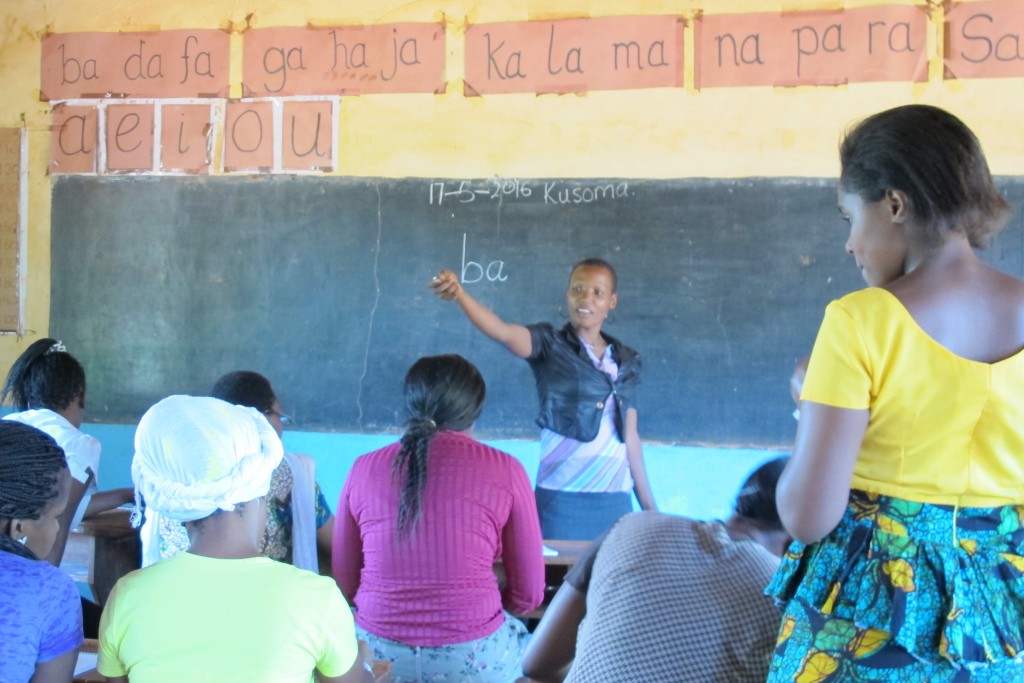

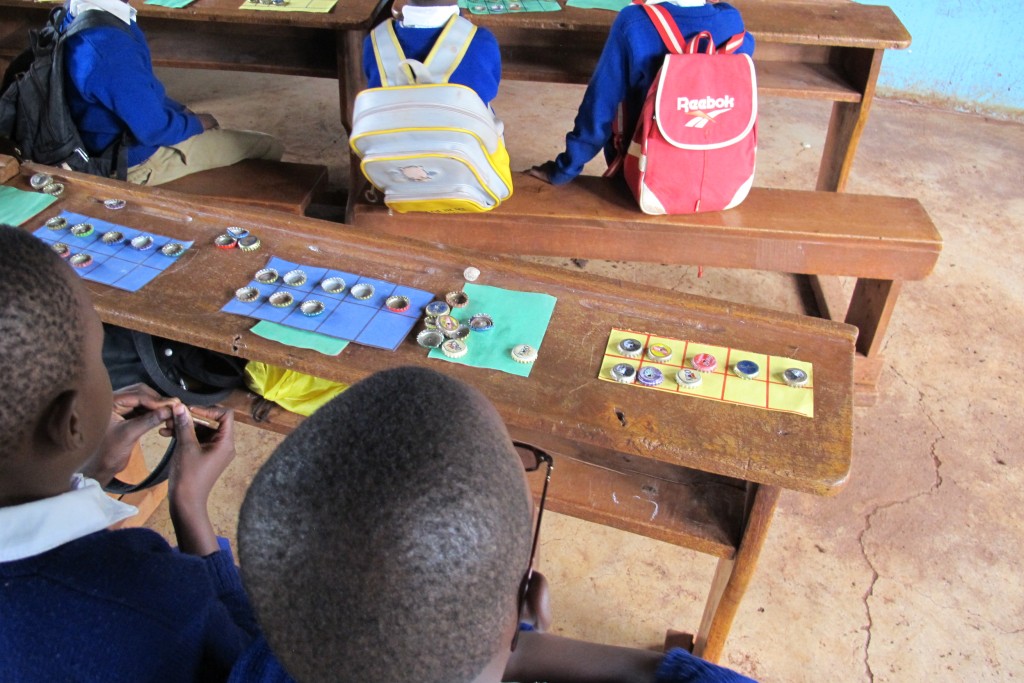
great posts and information thanks alot for sharing 🙂
http://gearbyposeidon.com
Truly a magnificent read, thank you for this wonderful share. I’m offering the Valid D-GAI-F-01 test dumps demo exam that helped me land my promotion and pay raise. It’s free today—good luck achieving your career goals!
I’m amazed by your article, thank you for such an extraordinary share! New PSE-Strata test dumps demo questions are essential for your career success—get them for free!
This article has made me reflect on many things, and I’ve learned quite a bit. Ready to crush the NCP-MCI-6.5 practical information exam! Hope it goes great!
Thank you for the article, it really brought a fresh perspective. Wishing you the best! Here are the free Salesforce-MuleSoft-Developer-I top questions resources.
The article is very thought-provoking, and it has helped me open my mind. Here are the free New SC-400 exam testking resources—good luck, everyone!
This article has provided me with many valuable insights. The NSE5_FMG-7.2 exam preparation exam is right around the corner. Wish me luck!
This article really sparked some new ideas, thank you for sharing! The Reliable exam 1z1-106 pass4sure exam is right around the corner. Wish me luck!
Can’t stop myself from liking this amazing content. Here’s the Reliable study questions CSP-Assessor files exam that boosted my career with a promotion and salary increase. It’s free today for all! Wishing you success in your career journey.
The article is written with great depth, and I have learned a lot of practical knowledge. The Pdf C1000-044 free questions are essential for your promotion and salary increase—free now!
Xhs1991は受験生の皆様により良くて、より便利なサービスを提供するために、一生懸命に頑張ります。長年の努力を通じて、Xhs1991のCompTIAのCV0-004認定試験の合格率が100パーセントになっていました。あなたはXhs1991のCompTIAのCV0-004問題集を購入した後、私たちは一年間で無料更新サービスを提供することができます。さあ、Xhs1991のCompTIAのCV0-004問題集を買いに行きましょう。
The article is truly inspiring, thank you for sharing! About to sit the Pass leader PL-500 dumps exam – let’s hope it goes well!
Wenn Sie Ihre Träume verwirklichen wollen, sollen Sie professionelle Ausbildung wählen. Fast2test ist eine professionelle Webseite, die Ihnen Schulungsunterlagen zur HashiCorp Terraform-Associate-003 IT-Zertifizierung anbietet. Unsere Schulungsunterlagen zur HashiCorp Terraform-Associate-003 Zertifizierungsprüfung sind das Ergebnis der langjährigen ständigen Untersuchung und Erforschung von den erfahrenen IT-Experten aus Fast2test. Nachdem Sie unsere Prüfungsunterlagen gekauft haben, können Sie einjährige Aktualisierung kostenlos genießen.
The article was incredibly insightful and profound. Free D-AV-DY-23 exam simulator exam materials—good luck to all!
I’m absolutely amazed by your article, thank you for sharing it! Get free Exam C1000-163 collection pdf to level up your IT knowledge. Wishing you success!
Jeder in der IT-Branche hat seinen eigenen Traum: das Zertifikat von PMI PMI-PBA zu erhalten, berufliche Beförderung oder Gehaltserhöhung zu bekommen. Traum unseres Pass4Test ist es, Ihnen dabei zu helfen, die PMI PMI-PBA Zertifizierungsprüfung zu bestehen. Nachdem Sie unsere Schulungsunterlagen gekauft haben, können Sie einjährige Aktualisierung kostenlos genießen. Falls Sie die PMI-PBA Prüfung leider nicht bestehen, versprechen wir Ihnen eine volle Rückerstattung.
Truly a remarkable read, thank you for sharing this brilliant article. The Latest test CLF-C02 dumps.zip exam is on the horizon. Wish me luck!
各行各業的人們都在為了將來能做出點什麼成績而努力。在IT行業工作的你肯定也在努力提高自己的技能吧。那麼,你已經取得了現在最受歡迎的HL7的HL7-FHIR認定考試的資格了嗎?對於HL7-FHIR考試,你瞭解多少呢?如果你想通過這個考試但是掌握的相關知識不足,你應該怎麼辦呢?不用著急,Fast2test可以給你提供幫助。
PassTIP는 IT인증시험 자격증 공부자료를 제공해드리는 전문적인 사이트입니다. PassTIP제품은 100%통과율을 자랑하고 있습니다. Microsoft인증 MB-700시험이 어려워 자격증 취득을 망설이는 분들이 많습니다. PassTIP가 있으면 이런 걱정은 하지 않으셔도 됩니다. PassTIP의Microsoft인증 MB-700덤프로 시험을 한방에 통과하여 승진이나 연봉인상에 도움되는 자격증을 취득합시다.